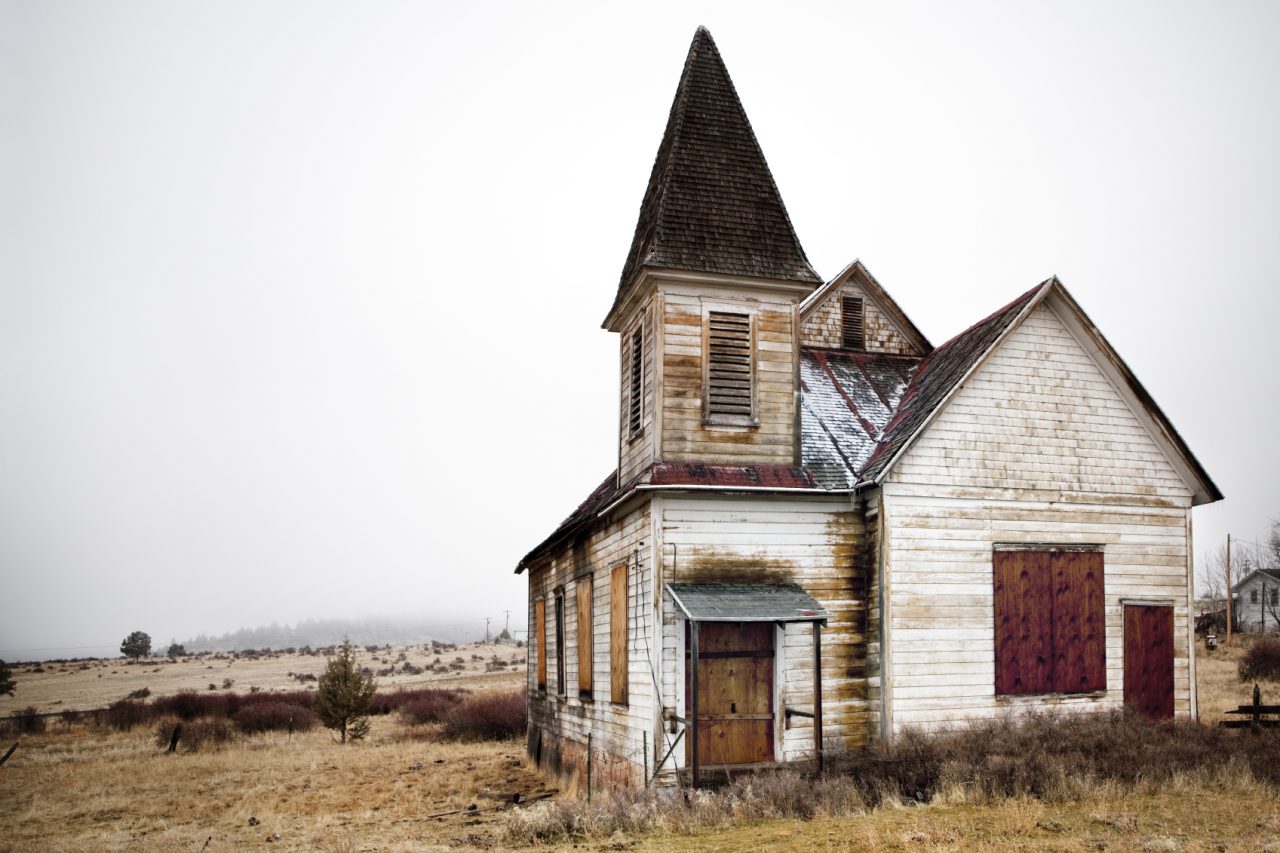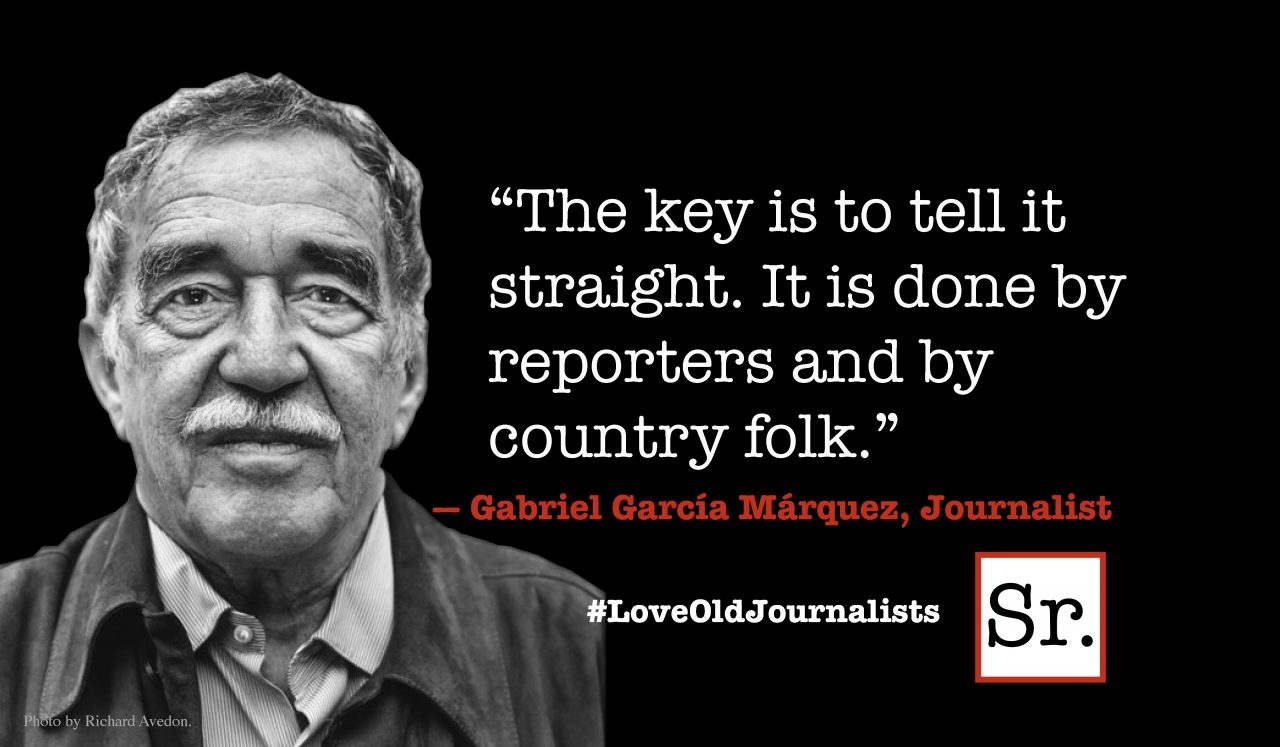A few weeks ago I described a pair of visits I had recently made; one to a congregation I once served at the University of Chicago and the other to the seminary from which I graduated in 1955. I suggested that each of these institutions might well be in the front end of a fresh approach to religious action in the world. While in some ways these are both traditional Christian bodies, in other ways they are reaching up while much of the church seems to be caught in a downward spiral.
The "emerging church" movement is one way to identify new Christian efforts dedicated to breaking out of the moribund traditions which are at least partly responsible for the sad state of Christianity in the western world.
Since the publication of that column I have received a number of comments questioning my optimism. Many of them came from men and women who had spent their lives in church work of one kind or another, and whose present disillusionment is profound. They no longer participate in church, attend its services, hold to traditional beliefs or find ecclesial organizations either authentic or helpful. While there were several appreciative remarks focused on the hope I had communicated, there were other responders who did not share my optimism. “I don’t have the same hope for the church you seem to have found,” was a typical comment.
For years I have tried to present a smiling face in a world that has eschewed the sort of religion with which I grew up and have felt comfortable. "Hope for the Mainline Church" and "The Resurrected Church" were two of the books on this subject I had written in the 80s. For many years I led the loyal opposition to my denomination’s organizational direction. In these later years I have neither the time nor the energy for that one. Nevertheless, I still support the most radical wing of my denomination, but from a distance. But when I see signs of new life similar to those I found in Chicago and Tulsa, the old horse hears the bell and wants to charge again out of the firehouse.
What I really seem to trust is a new generation of Christian thinkers and activists who may well get done what my generation could not. However, it’s now their fight, not mine.
These days it is not only the church but almost every other institution that is under a similar attack. I include government, education, marriage, corporations, the banks and on and on. In some ways American individualism is producing lots of fruit — but much of it is bitter! Personal anarchy may not be the remedy which will help our current culture survive. As much as I resist traditional structures, I know that society must have them if it is to hold together.
There may be more justice outside the courts than in them; more love outside marriage than in it, more solid leadership outside government than in it, more wisdom outside universities than in them, more productivity outside corporations than in them. Nevertheless, any culture that has abandoned the common structures which hold it together is in serious trouble. So when I see institutions on the borders trying to break out of the moribund boxes which have trapped them, I want to celebrate what they are offering.
Since the two l visits I have previously described, I have been directly involved in what may be the most hopeful effort yet to save society, by pointing in a handful of new directions. This experience came in a dramatic 2,000 person conference right in my community. But more about that next week.









